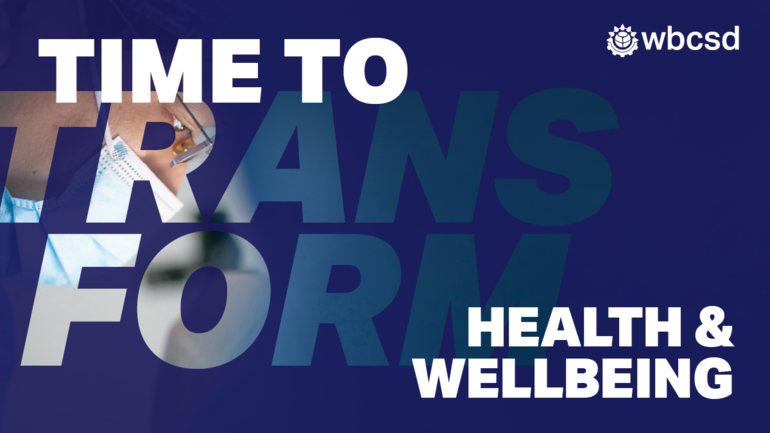Reuters, 1 April 2010 - Wal-Mart Canada, Loblaw Cos and Canadian Tire are among the big retailers trumpeting aggressive policies to save energy and minimize packaging. Some are even publicizing efforts to protect depleted fish species and ensure decent working conditions at their suppliers.
The companies may have the best intentions but there's also no denying that green practices are simply good business. Saving energy cuts costs, while touting policies to protect the environment strikes a positive chord with consumers and investors alike.
"The primary reason is that they have come to recognize that there are significant business benefits in doing so. It is not altruistic," said Mel Wilson, who heads the sustainable business team at PricewaterhouseCoopers in Calgary.
"It's not like people just woke up one day and their personalities had changed. They have recognized that this is good for business."
Wal-Mart Canada, a subsidiary U.S. retail giant Wal-Mart Stores, said last month that it stands to save about C$140 million ($139 million) over the next five years through strategies aimed at energy reduction, waste diversion and its supply network.
"We continue to believe that sustainability is just as important to our business as it is for the environment," DavidCheesewright, Wal-Mart Canada's president and chief executive, said at a recent conference in Vancouver dedicated to business and the environment.
Canadian Tire, the country's large automotive and household goods retailer, said last week that it would be among the first companies in the country to highlight its progress in its quarterly and annual reports.
"What we felt is that, if we ingrained it into the processes and how we do business, then sustainability in itself becomes sustainable," said Stephen Wetmore, the company's chief executive. "That's the way we've approached it, otherwise we didn't think we would have a long-term, viable approach to the environment."
Loblaw, the country's biggest grocery store chain, is working with environmental groups to ensure it only buys seafood that is sustainable and not at risk of depletion.
GREEN ENERGY BENEFITS
For most retailers, the simple cost of doing business is what has driven them to adopt the initiatives. With energy costs trending higher again, companies have looked to green forms of energy such as solar power to shave costs.
"What is driving it is the mechanism that gets their cost structure and their energy costs down," said Bill Chisholm, a retail analyst at Toronto investment adviser MacDougall, MacDougall and MacTier.
"It's a bit of PR in terms of being green, but at the same time they are hoping to get their energy costs down."
Wal-Mart Canada estimates it will save about C$70 million in costs over the next five years just with its energy-savings plan including low-wattage light bulbs, energy-efficient cooling systems and solar panels.
"Companies do realize operational efficiencies even when it comes to paying attention to energy use. Just what they can do in terms of reducing energy right away is a cost advantage," said Bob Walker, vice-president of sustainability at Northwest Ethical Funds in Vancouver.
"The investment industry now sees companies moving in this direction, not as a bunch of tree-huggers or communists, but as smart businessmen."
Indeed, socially conscious investment funds and consumers are pressuring companies to make changes, and will shun the products of those they don't think are up to standards.
"The current generation of consumers brings more to the table when making purchasing decisions than just the price," said Wilson."
"If all else being equal and you have two items of comparable price, but one was made in a very socially, ethically and environmentally friendly way, the general tendency of the consumer is to go with that one over the other one."
With the economic benefits far outweighing other issues, Wilson sees sustainability remaining at the forefront.
"The fundamental thing is that it is good for the balance sheet. There is compelling evidence that this enhances your revenue and decreases your costs, so it is good for the financials," he said.
"But also from the reputation side of things, which will typically translate into a premium on your share value, there is good evidence to suggest that investors like this as well. Your share value is enhanced."
($1=$1.01 Canadian) (Reporting by Scott Anderson; editing by Rob Wilson)
Sourced from the Thomson Reuters Carbon Markets Community - a free, gated online network for carbon market and climate policy professionals.
|








